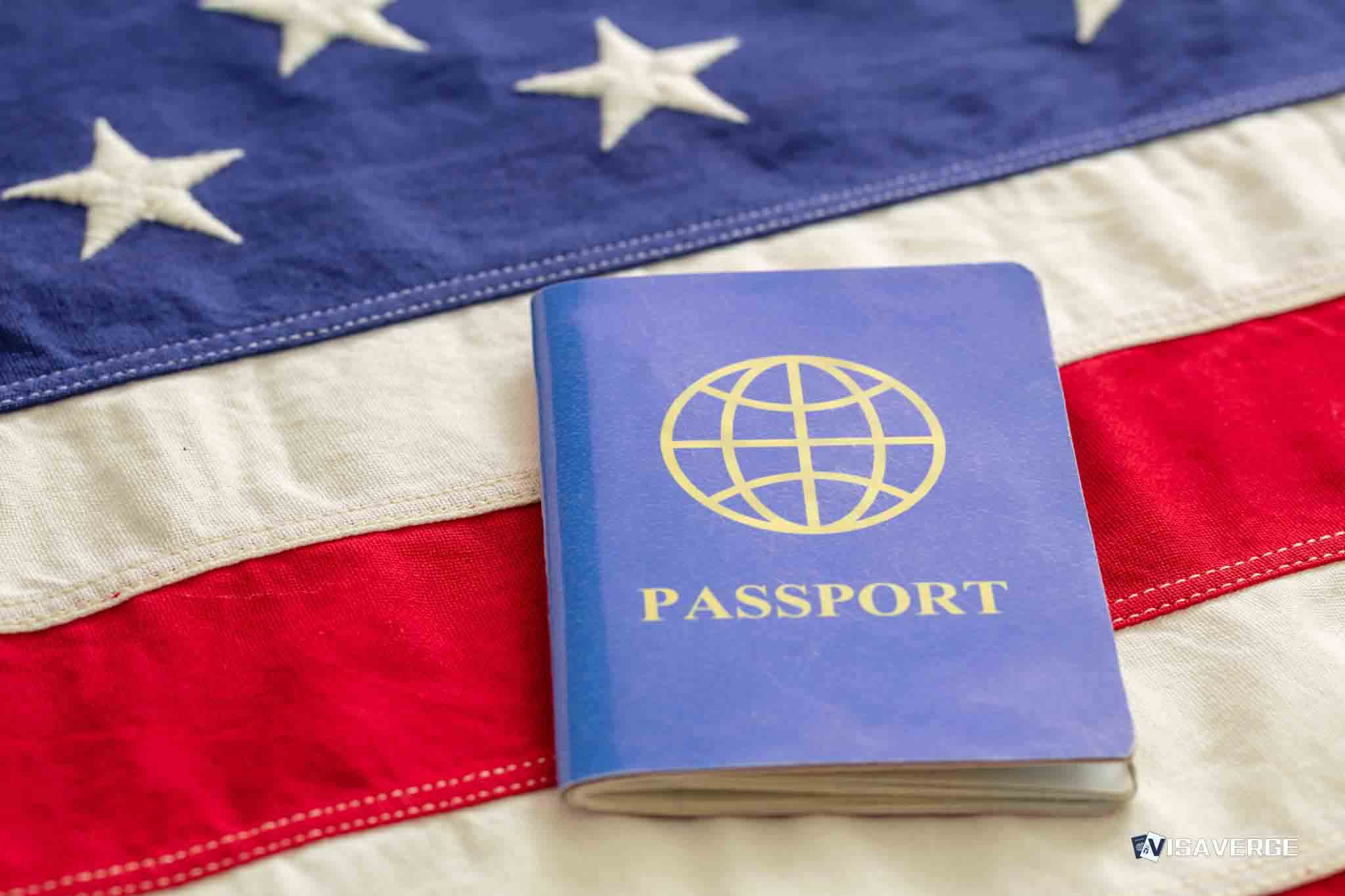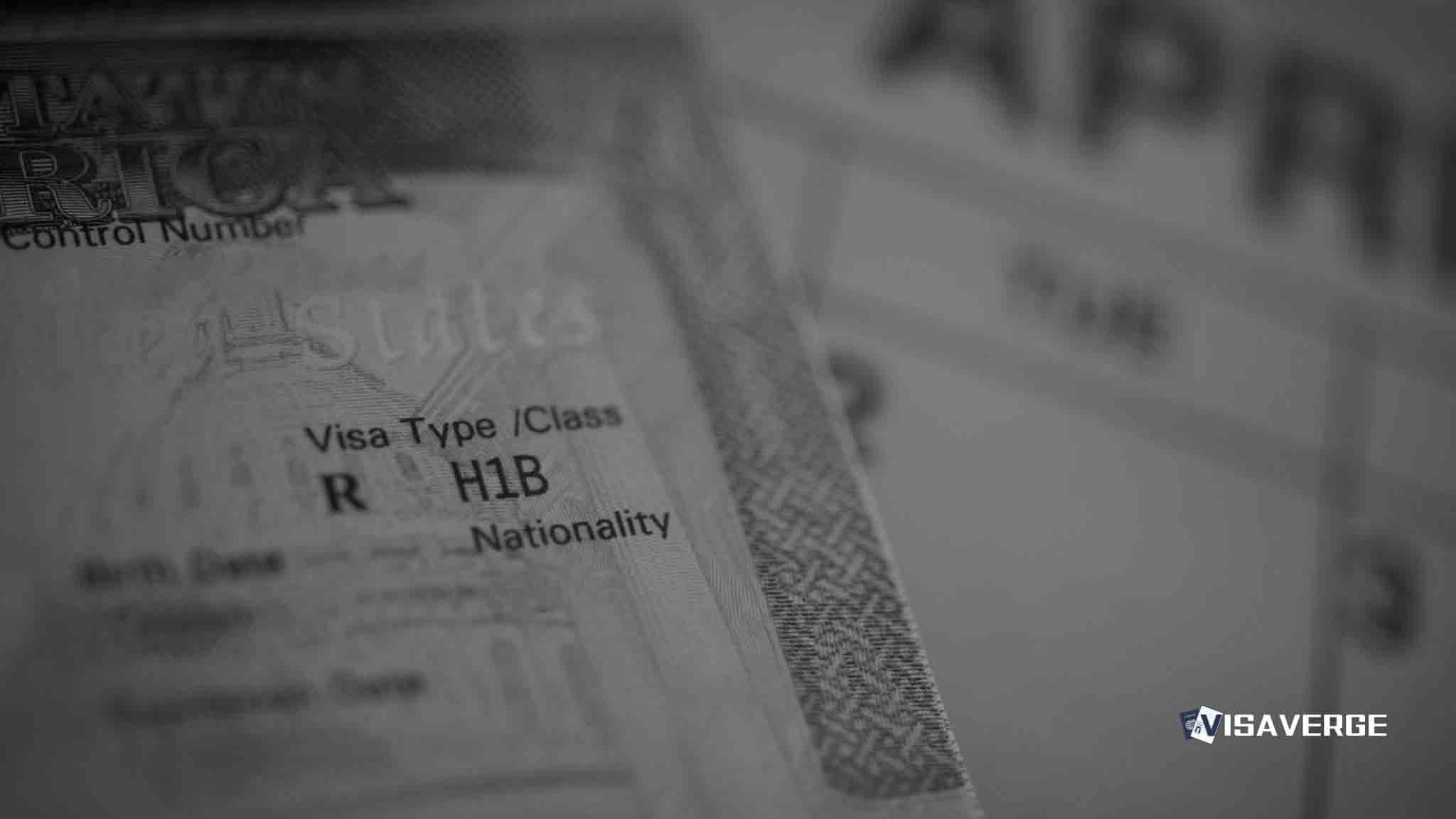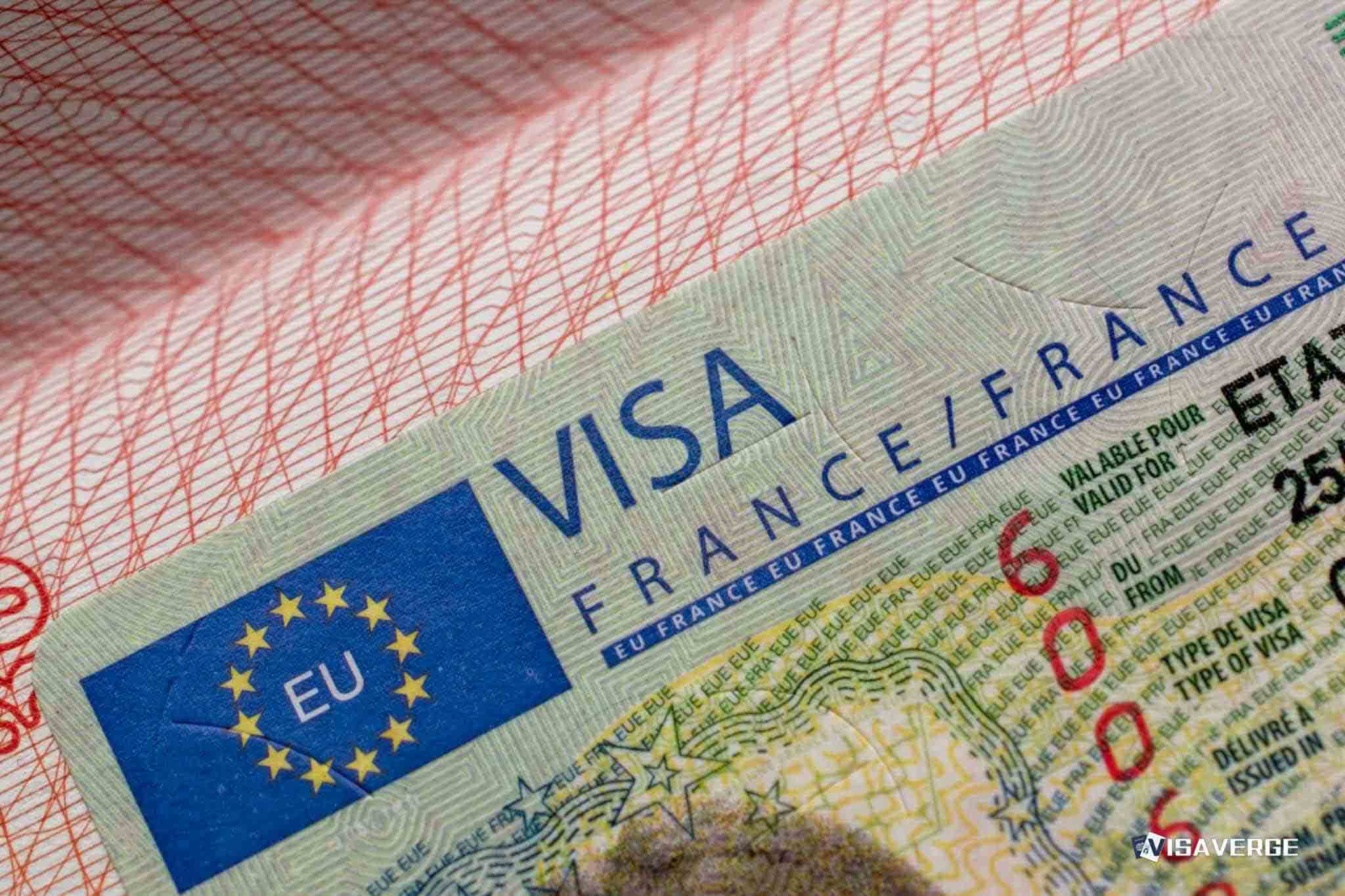Translating Non-Traditional Academic Backgrounds for F-1 Visa Applications
Are you preparing to apply for an F-1 visa but concerned about how to present your non-traditional academic background? No need to worry! Even if your educational journey includes work experience or vocational training, there are ways to align this with the academic qualifications required for your visa application. Here’s how to make your experiences work for you in the context of U.S. immigration.
Understanding the F-1 Visa Requirements
The F-1 visa is designed for international students who wish to pursue academic studies or language training programs in the United States. The first step is understanding what the U.S. government seeks from applicants. Key qualifications include:
- Enrollment in an “academic” educational program
- Proficiency in English or enrollment in English language courses
- Sufficient financial support
- Having a residence abroad with no intention of abandoning it
The emphasis is on demonstrating your potential as a student in the U.S. educational system, considering the program you’ve chosen.
Highlighting Your Unique Educational Pathway
Applicants with non-traditional backgrounds should first outline their educational and professional experiences and show how they relate to the academic program they are intending to pursue. Here are some ways to do that:
- Provide a detailed resume that emphasizes any educational aspects of your work experience and vocational training. For instance, if you completed on-the-job training programs, list the skills you’ve acquired and how they align with your intended field of study.
- Gather certificates, letters of completion, or any official recognition of your non-traditional educational experiences. Translate these into English if necessary.
- Request letters of recommendation from employers or instructors who can speak to your learning and professional achievements.
Aligning Work Experience with Academic Goals
When it comes to the F-1 visa, U.S. consular officers want to ensure that your primary purpose in the U.S. is to study. Therefore, linking your work experience directly to your academic and career aspirations is critical. Consider these steps:
- Clearly identify which aspects of your work experience have prepared you for academic success. For instance, if you’ve handled complex projects or used relevant technologies, make that connection explicit in your application.
- Articulate your academic goals and how your background uniquely positions you to accomplish them. State this clearly in your personal statement or essays.
- If applicable, mention any academic coursework you may have completed, even if outside of a traditional degree program, and how it pertains to your future studies.
Preparing for the Visa Interview
During the interview, consular officers may inquire about your education and career plans. This is when you should:
- Provide concise, honest responses that reflect your commitment to study.
- Share your educational narrative and how your experiences have led to your decision to study in the U.S.
- Reiterate your intent to return to your home country after completing your studies.
Utilizing Authoritative Immigration Resources
When preparing your application, refer to official resources such as the U.S. Department of State’s Bureau of Consular Affairs website for up-to-date information on F-1 visa regulations. Additionally, your chosen educational institution’s international student office can be a valuable ally in this process.
In Conclusion
Your non-traditional academic background does not have to be a barrier to your F-1 visa application. By thoughtfully translating your experiences into academic qualifications, you present a narrative of success that U.S. consulates value. With proper preparation and clear presentation, you can embark on your journey to further your studies in the United States.
So there you have it, folks! Don’t let your non-traditional academic background stand in the way of your F-1 visa dreams. Highlight your unique experiences, align them with your academic goals, and rock that visa interview. And hey, if you want even more tips and insights, head on over to visaverge.com. It’s like having a cool tech-savvy friend guiding you through the visa process. Good luck! 🎉
FAQ’s to know:
FAQ 1: Q: What are the key qualifications for an F-1 visa application? A: The key qualifications for an F-1 visa application include enrollment in an “academic” educational program, proficiency in English or enrollment in English language courses, sufficient financial support, and having a residence abroad with no intention of abandoning it.
FAQ 2: Q: How can applicants with non-traditional backgrounds align their experiences with their intended academic program for an F-1 visa application? A: Applicants with non-traditional backgrounds can align their experiences with their intended academic program for an F-1 visa application by providing a detailed resume that emphasizes educational aspects of their work experience and vocational training, gathering certificates or official recognition of their non-traditional educational experiences, and requesting letters of recommendation from employers or instructors who can speak to their learning and professional achievements.
FAQ 3: Q: How can work experience be aligned with academic goals in an F-1 visa application? A: Work experience can be aligned with academic goals in an F-1 visa application by clearly identifying which aspects of the work experience have prepared the applicant for academic success, articulating their academic goals and how their background uniquely positions them to accomplish them, and mentioning any academic coursework completed, even if outside of a traditional degree program, and how it pertains to their future studies.
What did you learn? Answer below to know:
- True or False: The F-1 visa is specifically for international students who wish to pursue vocational training programs in the United States.
- What is one way applicants with non-traditional academic backgrounds can highlight their educational experiences for the F-1 visa application?
- What is one key aspect to consider when aligning work experience with academic goals for the F-1 visa application?








